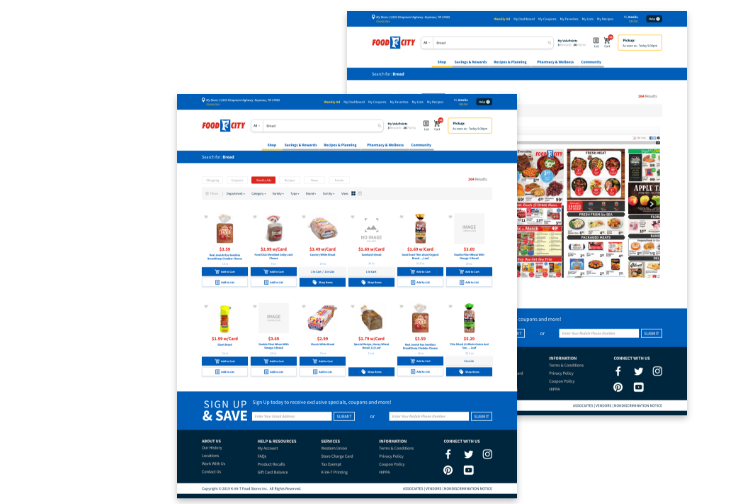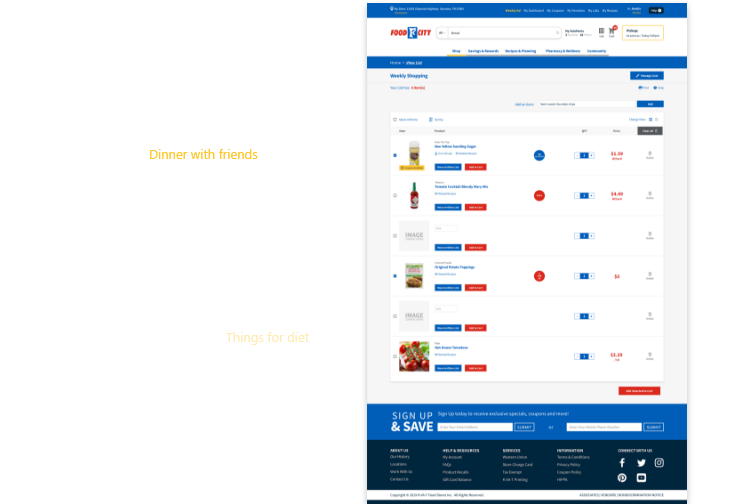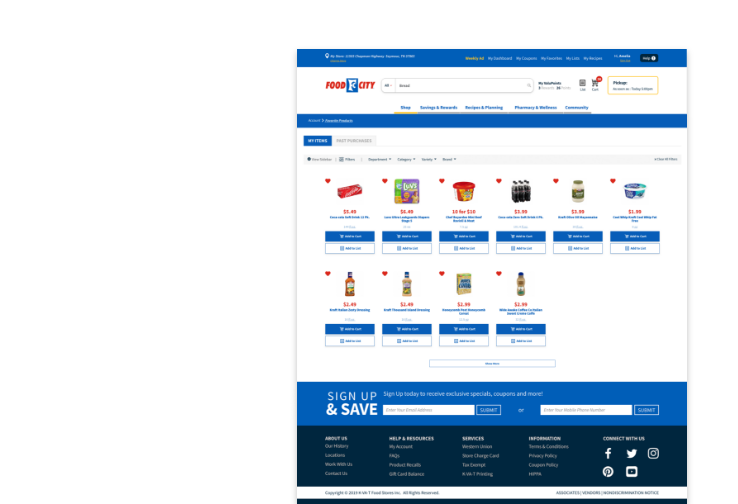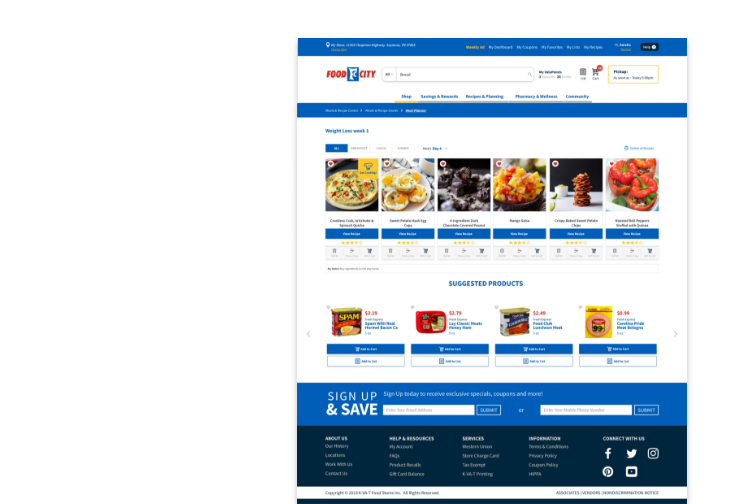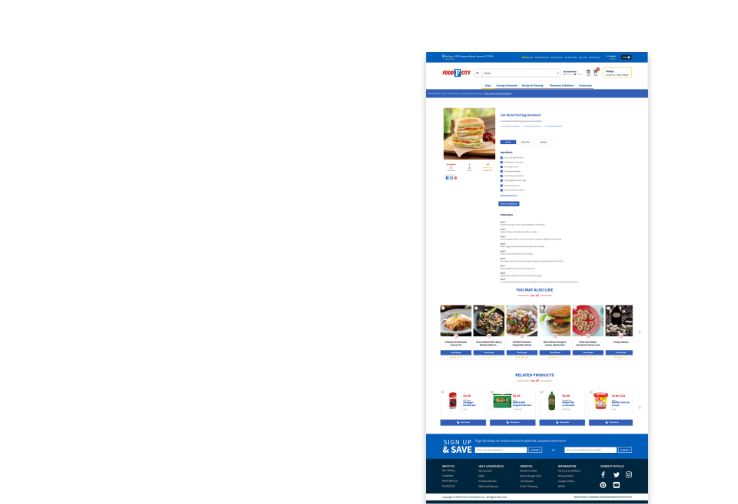
Wellness Club — Food Allergies in Kids
Abingdon, VA. -
Wednesday, Jul 31, 2019.
written by Elizabeth Hall, MS, RDN, LDN, Food City Registered Dietitian
August is Kids Eat Right Month and an important part of health is serving safe foods to your kids, especially if food allergies are of concern. About one in 13 children, or roughly two students in every classroom have a food allergy. It is important to be mindful of food allergies when preparing snacks for school events and extracurricular activities or if your child likes to share food!
The top eight food allergens are milk, eggs, soy, wheat, tree nuts, peanuts, fish, and shellfish. When a person with an allergy consumes the allergen, it causes a dangerous anaphylactic response that can even be fatal depending on the severity. The body recognizes the food as harmful, triggering the immune system to start fighting the allergen by releasing a body chemical called histamine that causes issues with the child’s respiratory response, gastrointestinal health, and cardiovascular system. Symptoms often include wheezing, trouble breathing, vomiting, hives, swelling, and sometimes lightheadedness or fainting. This type of reaction to an allergen is different than a food intolerance. Typically, an intolerance does not involve the immune system and can cause unpleasant symptoms, often gastrointestinal in nature, but is not life threatening.
Many kids with food allergies will outgrow them eventually, but until then, it is important to read food labels to make sure that there are no potential ingredients with the allergen in the product. Many parents make the choice to avoid the allergen in the entire household. This is often the case in schools as well, which typically do not allow common allergens like peanuts or tree nuts to be packed in student lunches.
While peanut butter is a great go-to snack for kids, to be on the safe side, avoid packing it in your kid’s lunch if they may be around a child with an allergy. A great alternative is SunButter! This tasty spread made from sunflower seeds has 7 grams of protein and more vitamins and minerals than its nut counterparts. At Food City, it’s typically right next to the peanut butter on the store shelf.
For more information and recipes, visit https://sunbutter.com.

